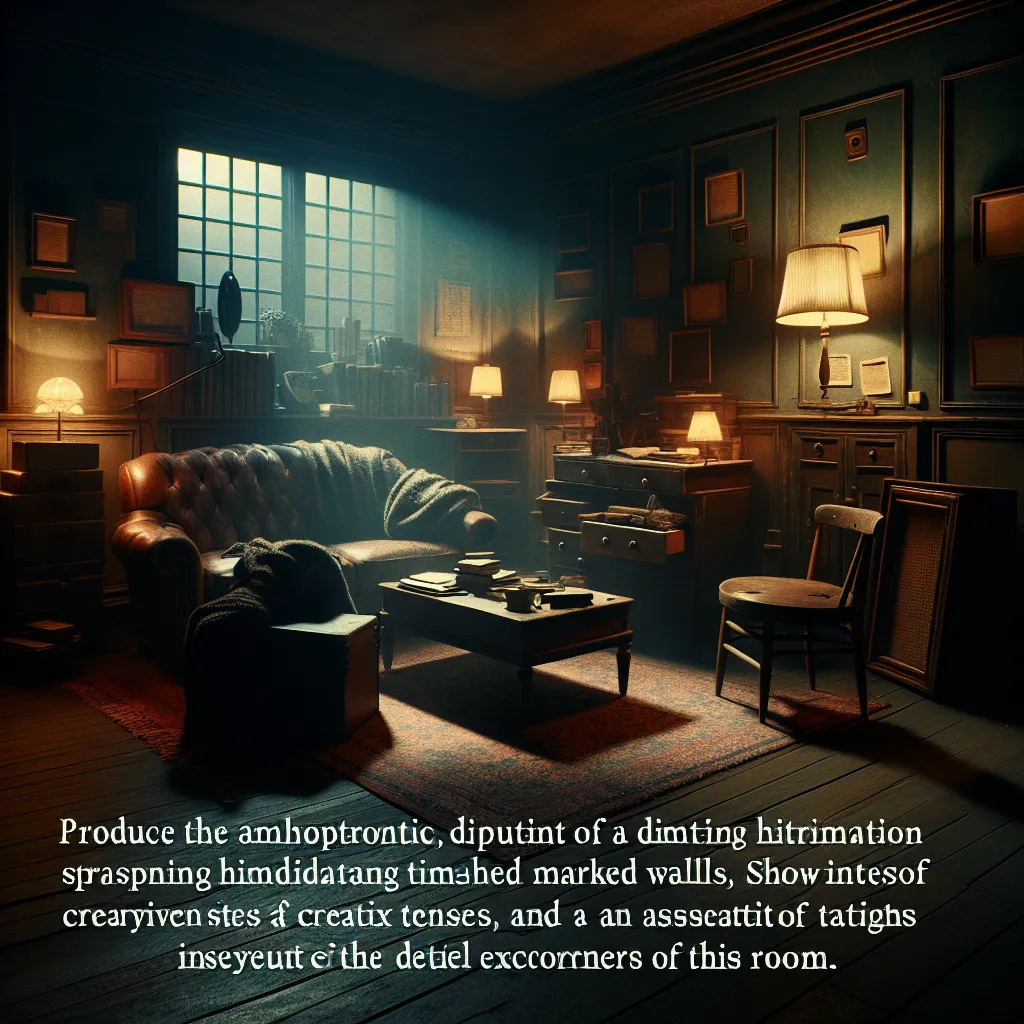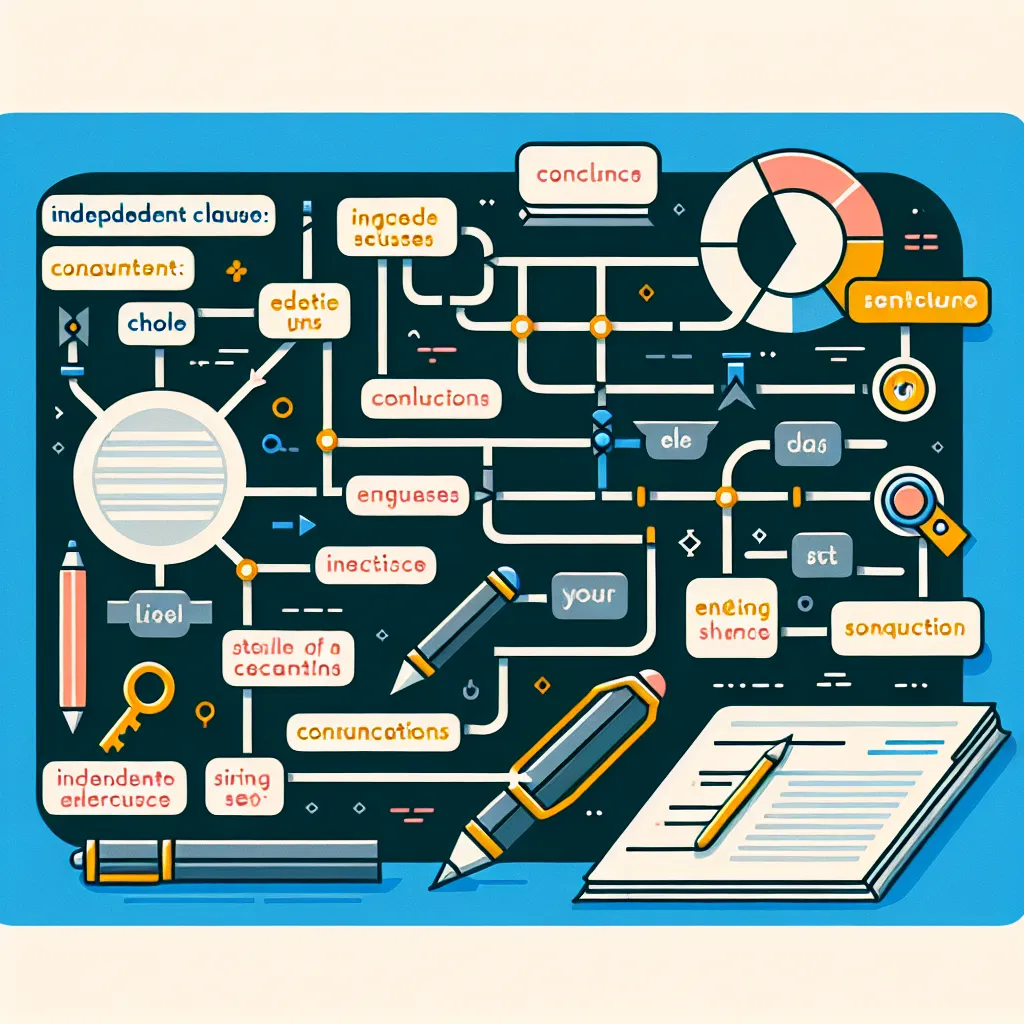Writing with complex tenses can be challenging, but mastering them is crucial for effective communication in English. This guide will help you perfect your use of complex tenses in writing, enhancing your overall language proficiency.
Understanding Complex Tenses
Complex tenses in English are combinations of different aspects (simple, progressive, perfect) and time references (past, present, future). They allow writers to express nuanced meanings and precise time relationships.
Why Complex Tenses Matter
Complex tenses are essential for:
- Expressing precise time relationships
- Conveying subtle meanings
- Demonstrating language proficiency
- Enhancing the sophistication of your writing
 Complex Tenses Diagram
Complex Tenses Diagram
Common Complex Tenses and Their Uses
1. Present Perfect Continuous
Use: To describe an action that started in the past and continues to the present.
Example: “I have been studying English for five years.”
2. Past Perfect
Use: To describe an action that was completed before another past action.
Example: “By the time I arrived, the meeting had already started.”
3. Future Perfect
Use: To describe an action that will be completed before a specific time in the future.
Example: “By next year, I will have finished my degree.”
Strategies for Mastering Complex Tenses
-
Study the Structure: Understand the formula for each tense (e.g., will + have + past participle for future perfect).
-
Practice Regularly: Use workbooks, online exercises, and writing prompts to practice complex tenses.
-
Read Extensively: Exposure to complex tenses in context helps internalize their usage.
-
Use Timeline Diagrams: Visualize the relationship between different actions in time.
-
Focus on Context: Understand when and why specific tenses are used in different situations.
For more tips on improving your grammar in various contexts, check out our guide on strategies for improving grammar in conversations.
Common Mistakes to Avoid
-
Mixing Tenses: Ensure consistency in your tense usage within a paragraph or sentence.
-
Overusing Complex Tenses: While they’re important, don’t force complex tenses where simpler ones suffice.
-
Neglecting Subject-Verb Agreement: Remember that the subject must agree with the auxiliary verb in complex tenses.
-
Forgetting Time Markers: Use appropriate time markers to clarify the context of complex tenses.
Practical Exercises for Improvement
-
Sentence Transformation: Change simple sentences into complex tenses.
Example: “I study English.” → “I have been studying English since 2010.” -
Timeline Creation: Write a short story using at least three different complex tenses, creating a timeline of events.
-
Error Correction: Identify and correct errors in sentences using complex tenses.
-
Context-Based Fill-in-the-Blanks: Complete passages with the correct complex tense based on context.
For advanced practice in specific writing contexts, explore our guide on using advanced tenses in technical writing.
Advanced Applications of Complex Tenses
In Academic Writing
Complex tenses are crucial in academic writing for:
- Discussing research methodologies
- Reporting results
- Explaining historical contexts
Example: “Researchers have been investigating this phenomenon for decades, and by the time the current study concludes, they will have collected data from over 1000 participants.”
In Creative Writing
In creative writing, complex tenses can:
- Create atmosphere and tension
- Develop character backstories
- Manipulate narrative time
Example: “As Sarah entered the room, she realized that someone had been living there, hidden from the world, for years.”
 Creative Writing Scene
Creative Writing Scene
Enhancing Your Writing with Complex Tenses
-
Use Perfect Tenses for Background Information: The past perfect is excellent for setting up a story or providing context.
-
Employ Progressive Tenses for Ongoing Actions: These tenses create a sense of immediacy and continuity.
-
Combine Tenses for Complex Narratives: Mix simple and complex tenses to create depth in your writing.
-
Practice with Real-World Materials: Use news articles, academic papers, and literature to see complex tenses in action.
For more specific applications, such as in business contexts, check out our article on perfecting grammar for financial reports.
Conclusion
Mastering complex tenses is a journey that requires patience and practice. By understanding their structures, uses, and nuances, you can significantly enhance your writing skills. Remember to practice regularly, read extensively, and apply these tenses in various contexts. With time and effort, you’ll find yourself using complex tenses with confidence and precision, elevating the quality of your written English.
Keep practicing, and don’t hesitate to challenge yourself with more advanced grammatical structures. For further exploration of advanced grammar topics, consider reading about perfecting the use of gerunds to complement your understanding of complex tenses.




